The Minister of Transport said the Ministry is implementing three solutions to handle vehicle registration issues, including applying information technology to end the situation where vehicle owners have to wait in line for their turn.
On the afternoon of June 7, Minister of Transport Nguyen Van Thang - the fourth member of the Government - took the floor to answer questions before the National Assembly. During the last two hours of the afternoon session, Mr. Thang spent a lot of time answering questions and discussing the issue of vehicle inspection.
Delegate Dang Bich Ngoc (Permanent Vice President of the Hoa Binh Province Fatherland Front Committee) opened the question and answer session and heated debate on vehicle inspection. She asked that recently, many vehicle inspection centers violated regulations and were closed, causing frustration and difficulties for people and businesses. Many voters suggested creating conditions for reopening these centers. "What solutions does the Minister have?", Ms. Ngoc asked.
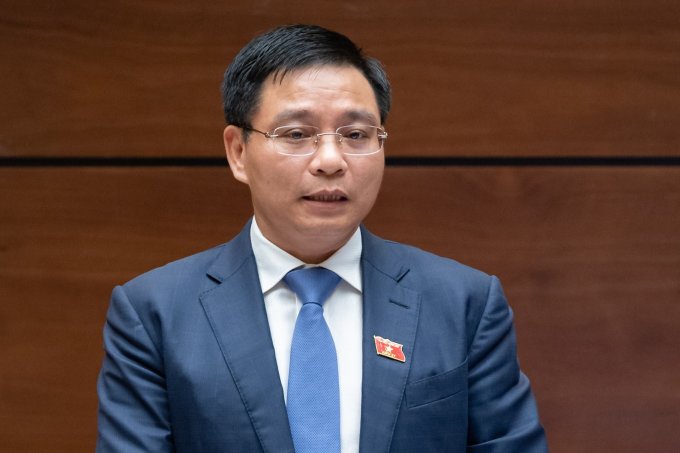
Minister of Transport Nguyen Van Thang. Photo: National Assembly Media
Minister Thang said that recently, some employees and leaders of the inspection centers were prosecuted, and they have not been able to reopen due to a lack of staff and inspectors. Currently, there are only two provinces in the country, Bac Kan and Hoa Binh, where no inspection centers have been reopened.
Regarding Hoa Binh, Mr. Thang said he has worked with the Provincial Party Secretary and the Director of the Department of Transport to find a solution. Recently, the Ministry has supported the locality in training human resources, conducting exams, and issuing certificates to find people to hold leadership positions at the inspection center. The Ministry also coordinated with the Department to arrange inspectors. "The inspection center in Hoa Binh will soon reopen," Mr. Thang said.
As soon as Mr. Thang finished answering, delegate Nguyen Truong Giang (Deputy Chairman of the Law Committee) argued that "The Minister's statement that the current vehicle inspection is not a cause for concern is only partly correct". Urgent solutions such as extending the inspection cycle for personal vehicles are only temporary.
75% of the current inspection centers are operated by non-state enterprises. When investing, enterprises must recover their capital, but with the current financial mechanism, it is very difficult for them to maintain the centers they have established. For example, extending the inspection cycle will cause private inspection centers to have no work, no income, and inspectors will go elsewhere. Therefore, enterprises will go bankrupt.
Therefore, Mr. Giang proposed to reform the financial mechanism. When society can do it, it is necessary to create conditions for non-state enterprises to do it. "This is the long-term solution. If we only extend the inspection cycle but still maintain the old financial mechanism, it will be very difficult to maintain non-state inspection centers," Mr. Giang expressed.
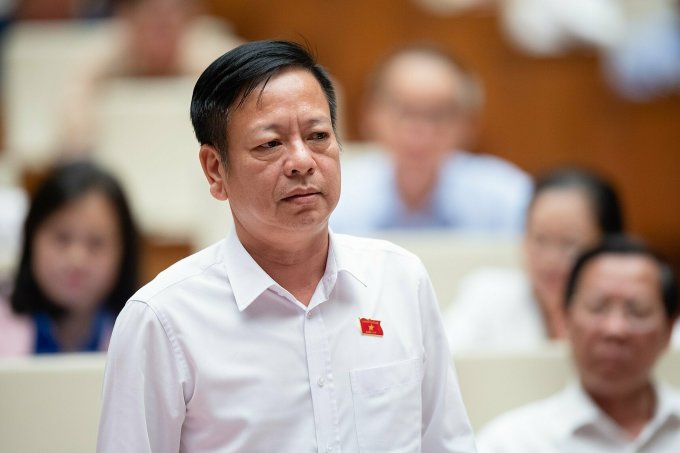
Delegate Nguyen Truong Giang. Photo: National Assembly Media
In response, Mr. Thang said that the recent incidents in vehicle inspection were very serious, causing huge consequences. People and businesses had to wait and travel back and forth without being able to get their vehicle inspected. 600 leaders of the vehicle inspection department, officials, party members, and vehicle inspectors were prosecuted. Nationwide, there were 281 vehicle inspection centers, of which 106 units had to close.
Recently, the Ministry of Transport and the Ministry of Public Security have focused on resolving the issue in order to restore all vehicle inspection activities to serve people and businesses. "Since I started working, I have proactively researched to adjust vehicle inspection regulations in accordance with international practices, saving time and costs for people," he said, adding that the Ministry has recently done two things at the same time: helping vehicle inspection centers resume operations and reviewing all these activities, ensuring modernity and transparency.
The Ministry has issued a circular exempting new vehicles from initial inspection and extending the inspection period to match that of other countries in the region. This will reduce time and costs for people. The extension of the inspection period will be automatically applied to 1.39 million vehicles.
But according to Mr. Thang, there are three things that need to be handled to return the inspection activities to normal. The first is to adjust the financial mechanism in the direction of removing the inspection price from the list of prices managed by the state because this needs to be decided by the market. This is the only way to ensure income for inspectors. This is being studied by the Ministry.
Second, the Transport sector is also focusing on training inspectors so that within three months there will be enough staff to deploy to all inspection centers. Inspection lines will return to normal operation when there are enough staff.
Third, information technology is also strongly applied in vehicle inspection to reduce manual work; registration, inspection, and payment are done online. On the right day and time, the vehicle owner brings the vehicle to the vehicle inspection center, no more queuing like before.
Delegate Tran Thi Kim Nhung (Standing Member of the Law Committee) said that the recent incidents at inspection centers have caused a serious shortage of inspectors, leading to overload at centers across the country. She asked the Minister to propose solutions and directions for handling this issue in the near future.
Minister Thang said the violations at the inspection centers were "extremely regrettable". The country has approximately 2,000 inspectors, but nearly a third have been lost. Meanwhile, recruiting an inspector takes a lot of training time, going through many steps in a year to issue a certificate.
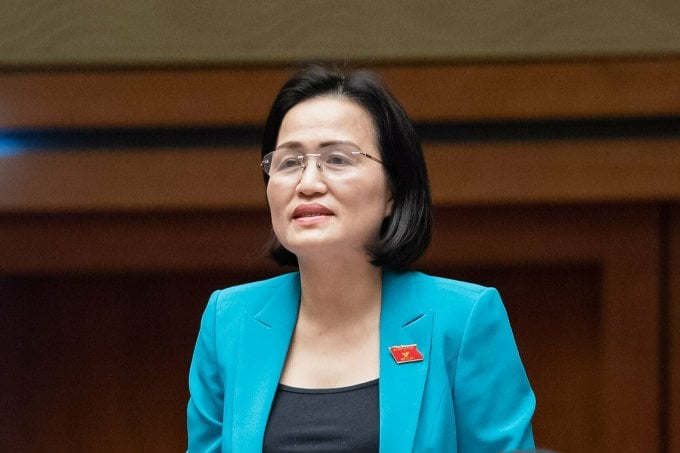
Delegate Tran Thi Kim Nhung. Photo: National Assembly Media
To overcome this, the Ministry of Transport has asked the Ministry of Public Security and the Ministry of National Defense to support the inspection force. The Ministry also mobilized inspection staff from centers nationwide to work in places where there is a shortage. "We also have to invite newly retired uncles and aunts who are still healthy, many of whom have to work on holidays, without Tet holidays," said the Minister.
Currently, the Vietnam Register has prepared 350 inspectors. In the near future, the Ministry will submit to the Prime Minister an adjustment to the document regulating inspection activities, so that a production line does not necessarily need three inspectors. The Minister committed that by the end of June, at the latest early July, inspection activities will return to normal.
Review of two-lane highways
The issue related to expressways also received much attention from delegates. Mr. Nguyen Thanh Hai (Chief of the People's Procuracy of Thua Thien Hue province) said that the Government does not have a policy to invest in 2-lane expressways. However, Thua Thien Hue province has two expressways, Cam Lo - La Son, La Son - Tuy Loan, which are small-scale, 2-lane, low-speed, and vehicles mainly use National Highway 1A. "How does the Minister plan to review 2-lane expressways and upgrade and expand National Highway 1A?", Mr. Hai questioned.
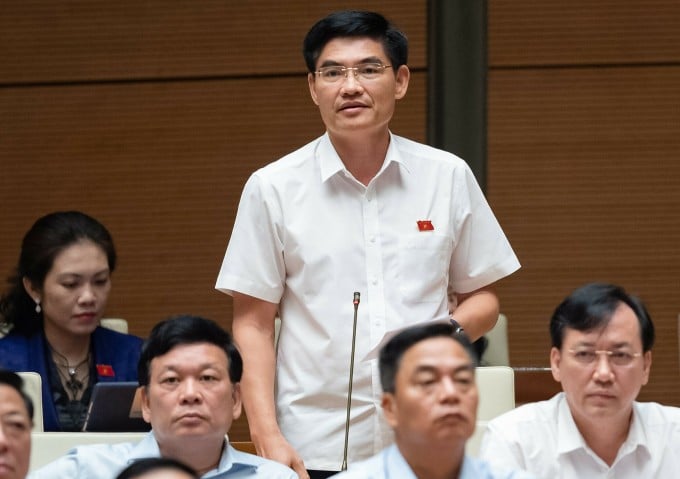
Delegate Nguyen Thanh Hai. Photo: National Assembly Media
Minister Nguyen Van Thang said that investing in complete 4-lane or 6-8-lane highways is a very correct and urgent need. The Prime Minister has directed investment in complete highways, but in the past, resources were limited, many routes only had money to invest in 2 lanes because the initial traffic volume was not large. The Ministry has compiled 5 routes with 2 lanes, of which Thua Thien Hue alone has 2 routes.
"We acknowledge and accept this, and in the coming time we will advise the Government to continue expanding and upgrading to a complete 4 lanes," said Mr. Thang.
Delegate Nguyen Van Thuan (Chairman of the Ninh Thuan Province Veterans Association) pointed out that many expressways have been put into operation but do not have rest stops, causing inconvenience to road users. "I request the Minister to clarify the reasons, especially in the North-South expressway project," said Mr. Thuan.
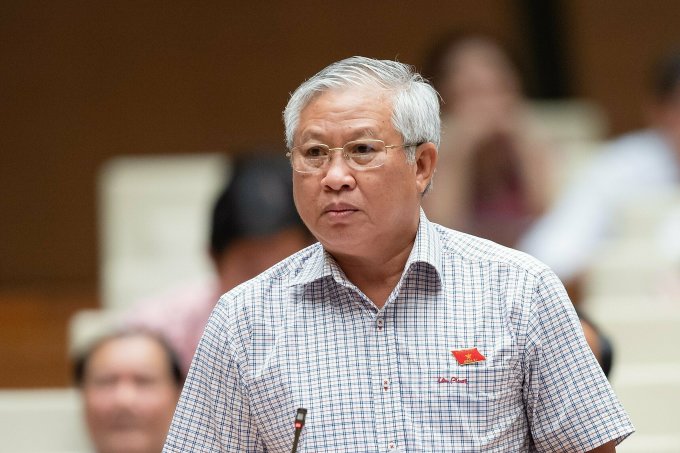
Delegate Nguyen Van Thuan. Photo: National Assembly Media
Minister Nguyen Van Thang admitted that some routes, including the North-South Expressway in the East, do not have rest stops. The Ministry identified this problem at the beginning of the year and directed that compensation be made, a guiding circular be developed, and bidding for the construction of rest stops be organized.
For the North-South Expressway project, the Ministry will soon organize a bidding for 8 rest stops. However, this is stuck in terms of standards because previously the regulation required a rest stop to be only one hectare in size, but in reality, it must be at least 3 hectares to be possible. The Ministry of Transport is resolutely handling the remaining problems and committed that when the expressway is completed, there will be enough rest stops according to the planning for exploitation.
Central budget only meets 66% of transport infrastructure
Delegate Nguyen Van Manh (Deputy Head of Vinh Phuc Delegation) pointed out that many national highways running through provinces are under the investment responsibility of the Ministry of Transport but do not meet the needs of travel and trade. Many routes are degraded, affecting travel and socio-economic development. "Some provinces have proposed a mechanism to use local budgets for investment and expansion, then hand them over to the central government for management. I would like to request the Minister to express his opinion on this issue," Mr. Manh raised the issue.
Minister Thang said that according to the Budget Law and the Road Traffic Law, expressways and national highways are the investment responsibility of the Ministry of Transport, while provincial roads and below are the responsibility of local authorities. In the context of limited budget resources and many degraded roads, the central budget allocated to the Ministry only meets 66% of infrastructure needs each year.
"For example, this term, we need 462,000 billion VND for investment, but the budget can only allocate 366,000 billion. This is also a very large number but still cannot meet all the investment needs for national highways," said Mr. Thang.
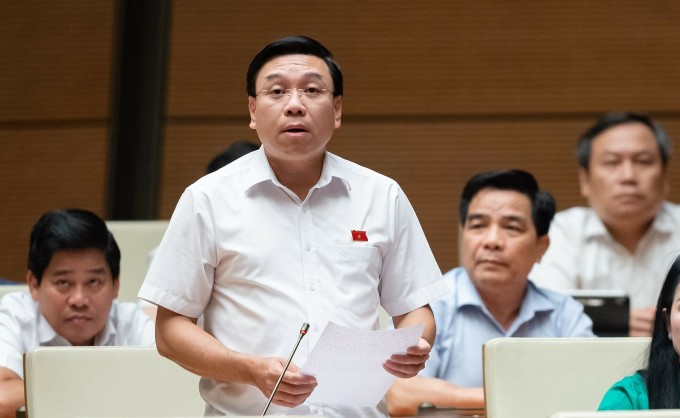
Delegate Nguyen Van Manh. Photo: National Assembly Media
According to him, in the context of limited central budget that localities can allocate, it is very necessary for localities to invest together with the central government to upgrade the project. Not only Vinh Phuc, he said many localities also have such a request.
The Ministry of Transport has coordinated with ministries and branches to seek opinions from the Prime Minister and the Government. The Government has held a meeting to submit to the National Assembly Standing Committee, allowing the piloting of the mechanism while the law has not been amended, so that the National Assembly can issue a resolution on this issue. Along with that, the Ministry also included this content in the draft Road Law to implement when the law is passed.
Concerned about the Yen Vien - Cai Lan railway, delegate Tran Thi Van (Deputy Head of Bac Ninh delegation) said that the project has been implemented since 2005 and is currently suspended according to Resolution 11 of the Government. After 18 years with nearly 60% of the budget allocated, the project is currently in a state of "bridge waiting for road, road waiting for stone to install rails", causing huge waste, affecting people in the railway corridor.
"Will the project continue to be implemented or not, when will it be implemented? Does the Minister have any solutions to resolve the above-mentioned long-standing backlog?", Ms. Van questioned.
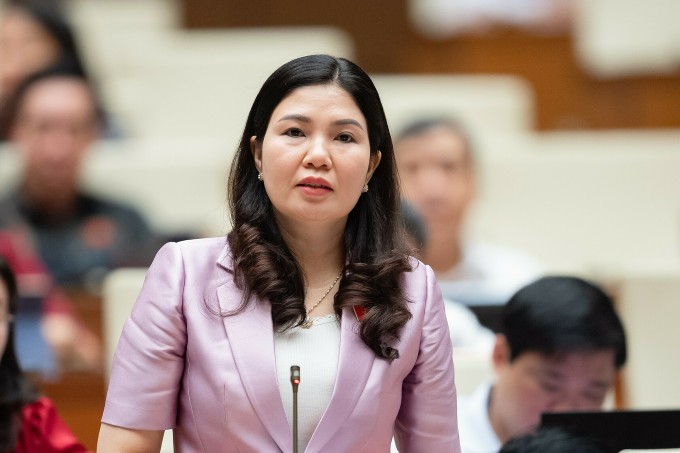
Delegate Tran Thi Van. Photo: National Assembly Media
Responding, the Minister of Transport admitted that this railway project "is a headache for voters and people of Quang Ninh province". When he was Chairman of Quang Ninh province, Mr. Thang repeatedly requested the Central Government to allow further implementation because the project was allowed to be implemented since 2005 but due to economic and budget difficulties, it was stopped in 2011.
According to Mr. Thang, when advising the Government to submit to the Politburo a resolution on railway development, the Ministry of Transport carefully studied and calculated based on the consulting opinions and found that this route is still very necessary. The Politburo's conclusion requires continuing to deploy the Yen Vien - Cai Lan railway line before 2030.
"In terms of will, we support continued investment to complete the project. We acknowledge the delegates' opinions and will advise and resolve difficulties regarding capital sources," said Mr. Thang.
On the morning of June 8, Minister of Transport Nguyen Van Thang had an additional 1.5 hours to answer questions from National Assembly deputies, before Deputy Prime Minister Le Minh Khai took the stage.
See main eventsSource link


![[Photo] Prime Minister Pham Minh Chinh meets with King Philippe of Belgium](https://vstatic.vietnam.vn/vietnam/resource/IMAGE/2025/4/1/be2f9ad3b17843b9b8f8dee6f2d227e7)


![[Photo] Close-up of Vietnam's sniffer dog team searching for earthquake victims in Myanmar](https://vstatic.vietnam.vn/vietnam/resource/IMAGE/2025/4/1/d4949a0510ba40af93a15359b5450df2)
![[Photo] President Luong Cuong and King Philippe of Belgium visit Thang Long Imperial Citadel](https://vstatic.vietnam.vn/vietnam/resource/IMAGE/2025/4/1/cb080a6652f84a1291edc3d2ee50f631)
![[Photo] General Secretary To Lam receives King Philippe of Belgium](https://vstatic.vietnam.vn/vietnam/resource/IMAGE/2025/4/1/e5963137a0c9428dabb93bdb34b86d7c)
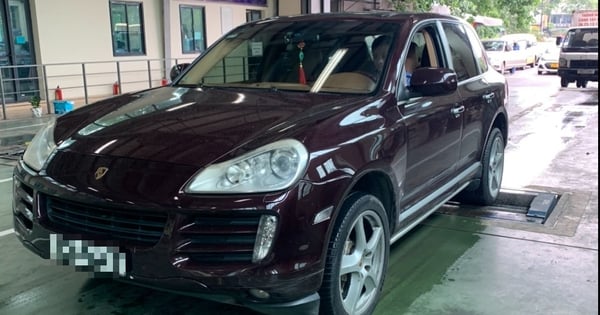

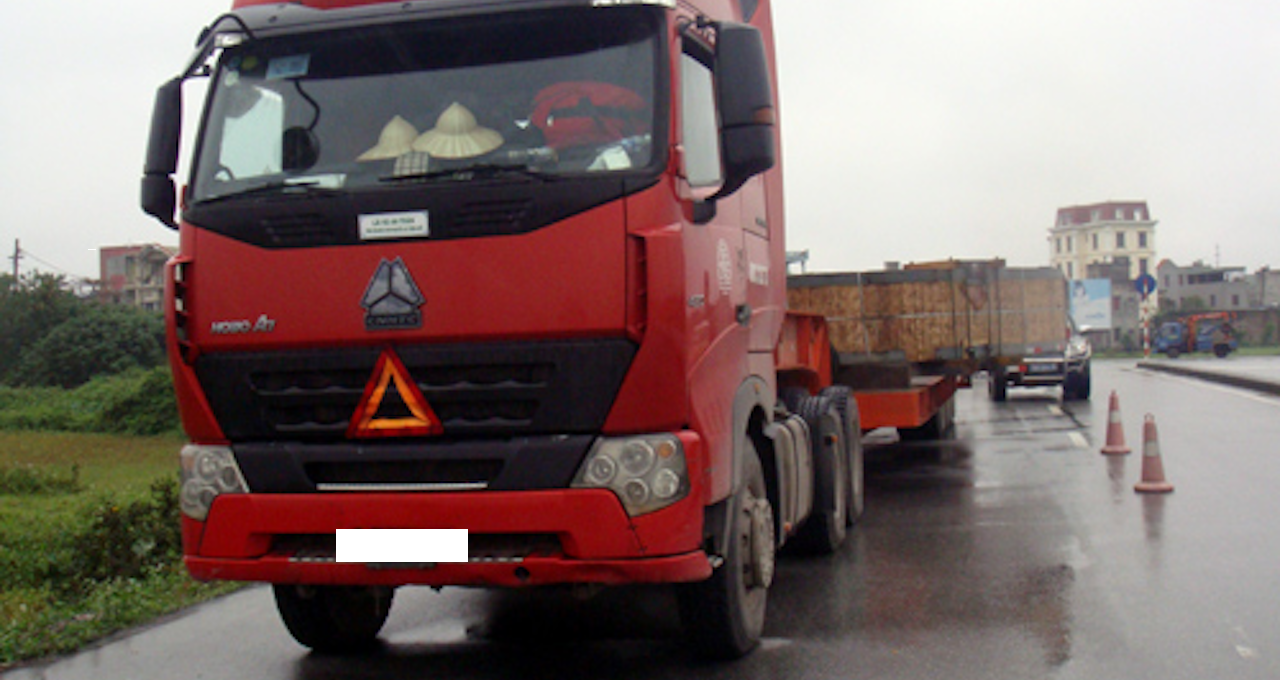

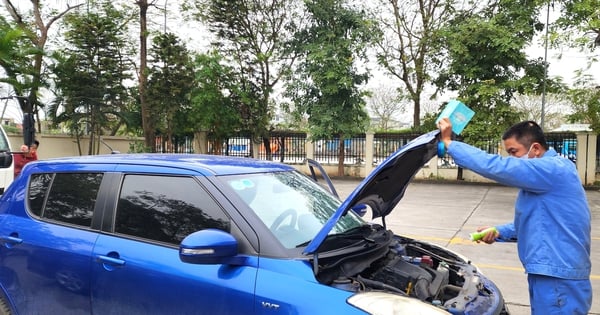
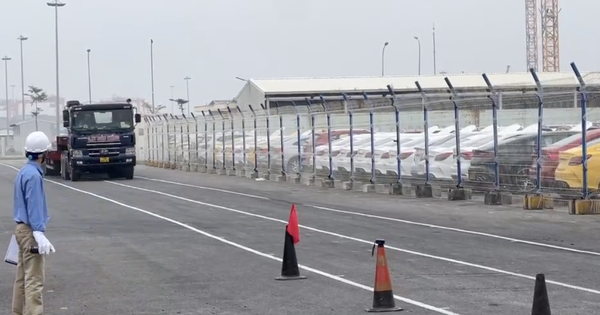
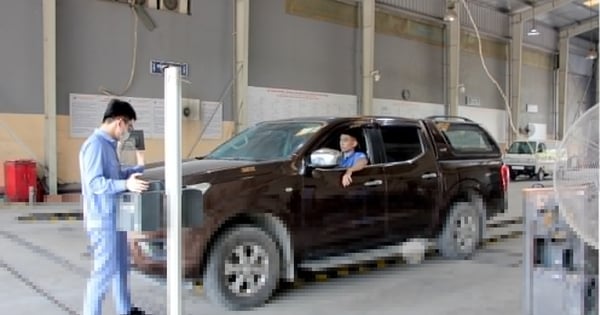

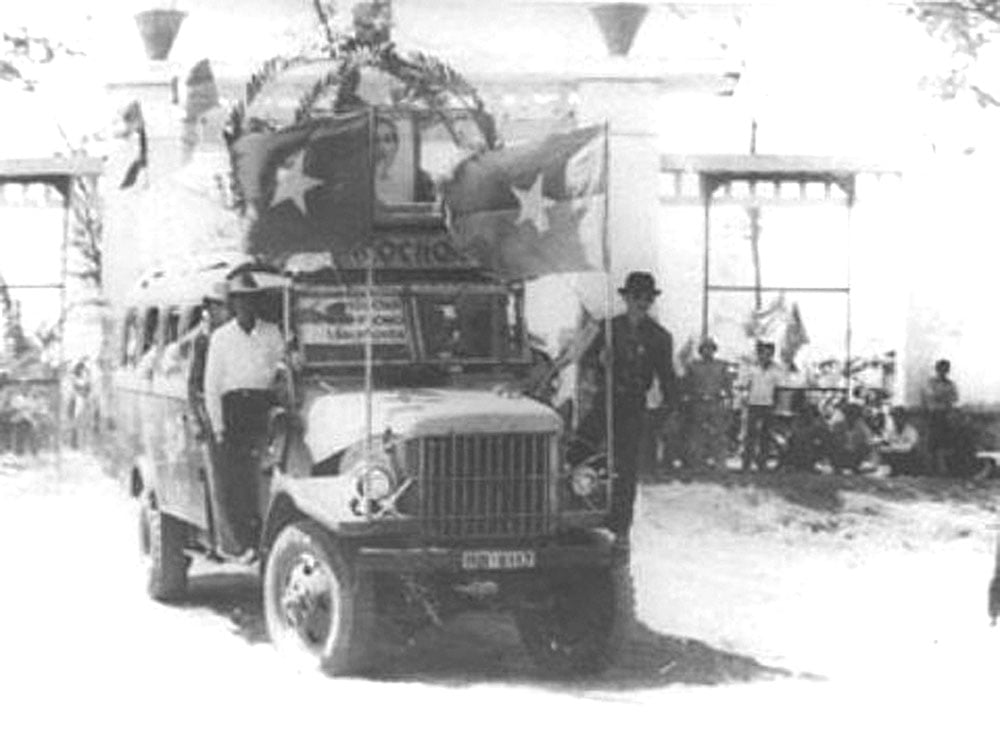


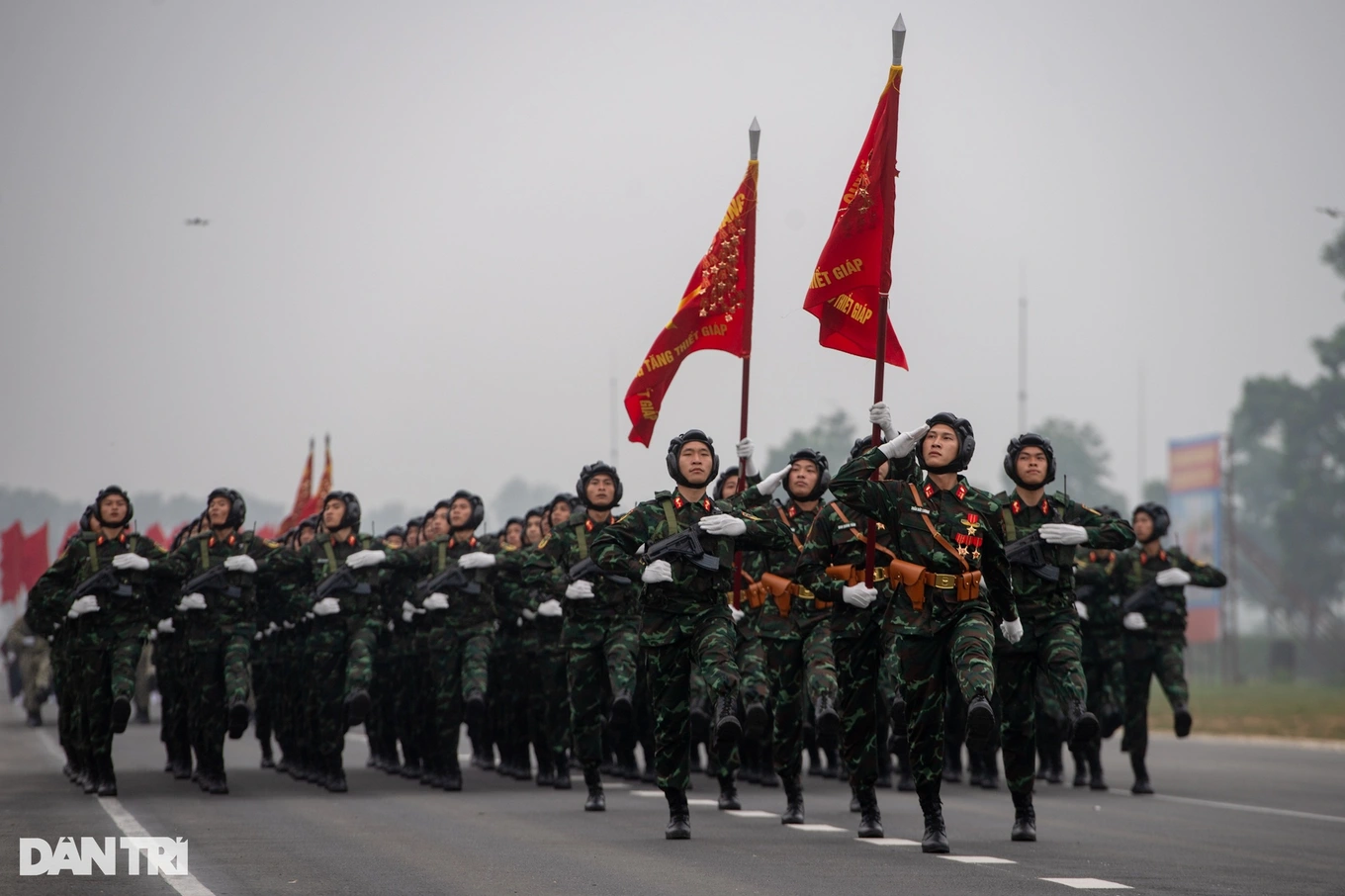
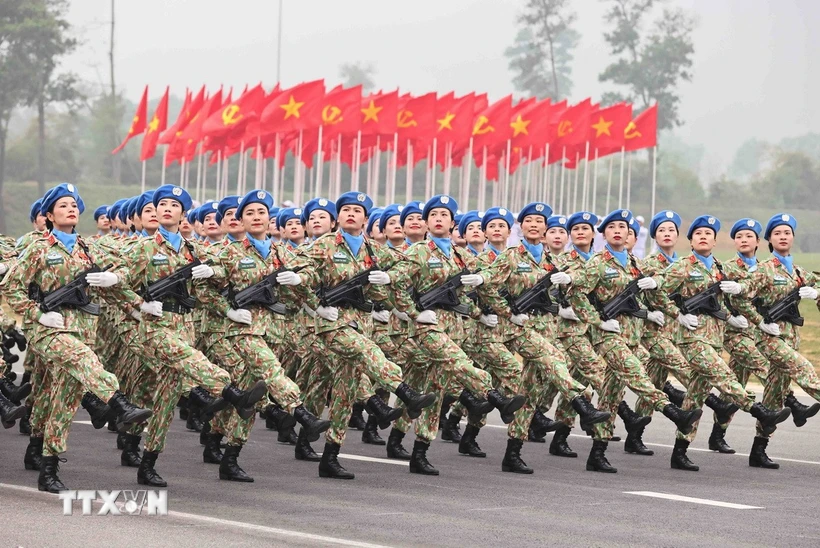
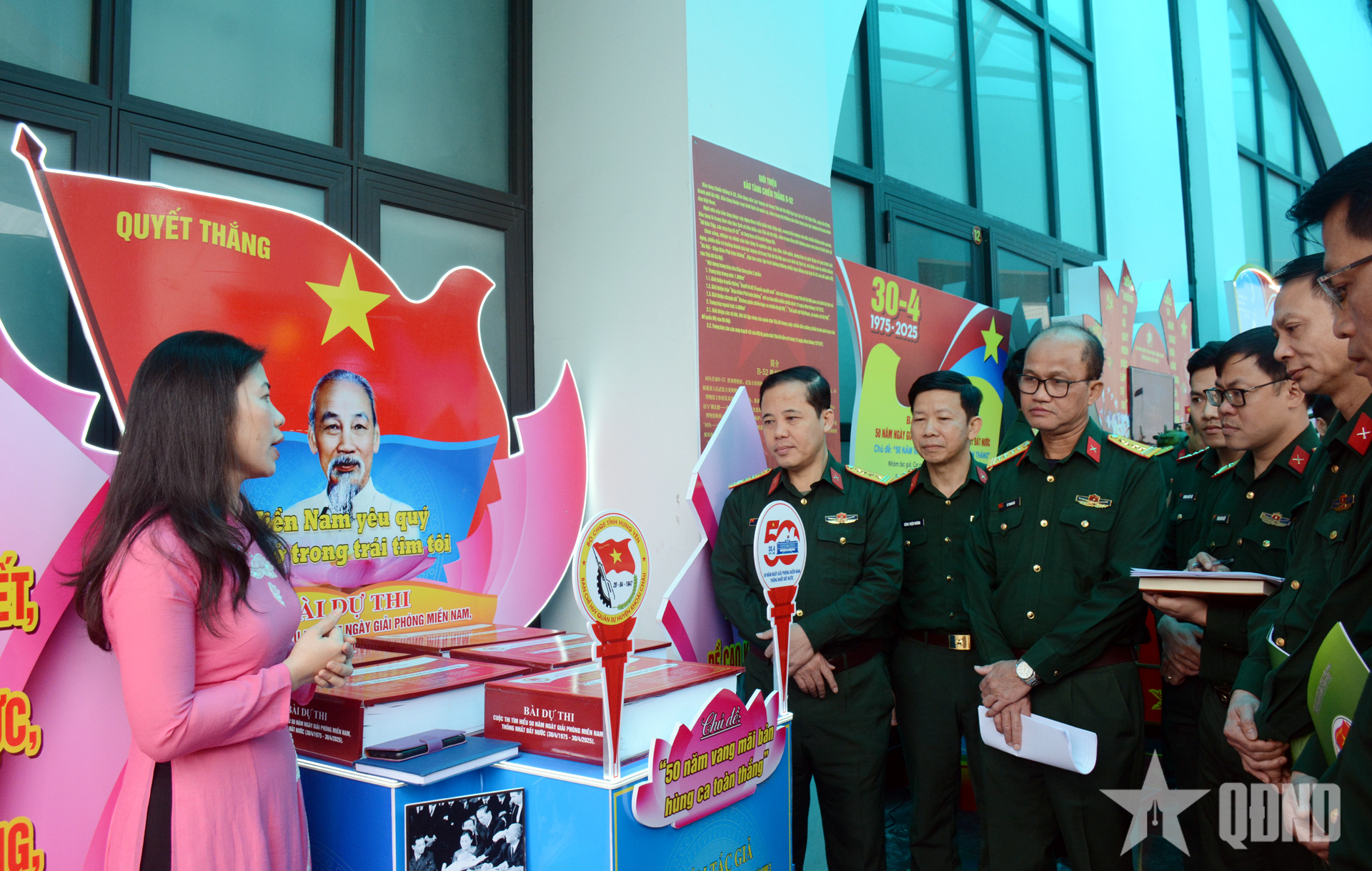












































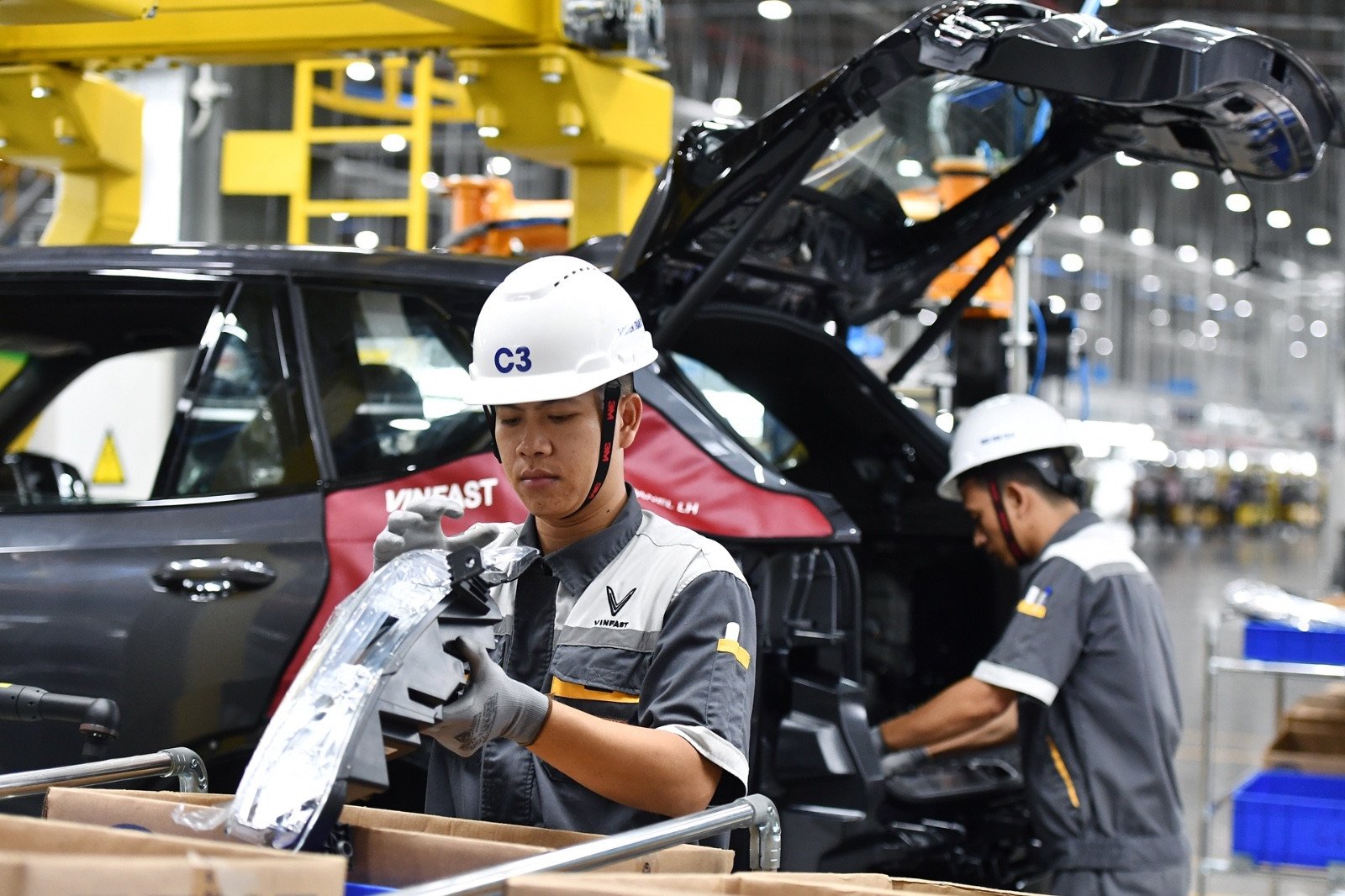
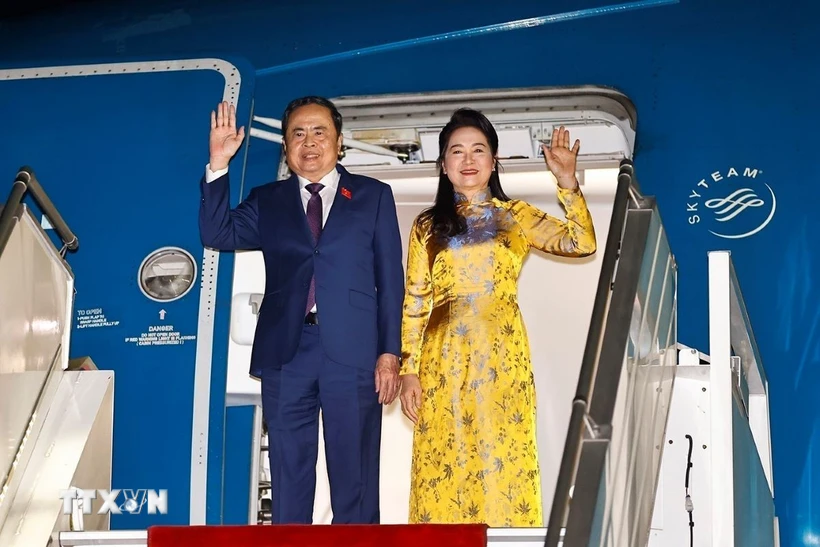










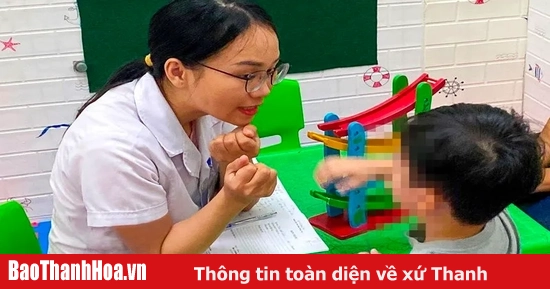

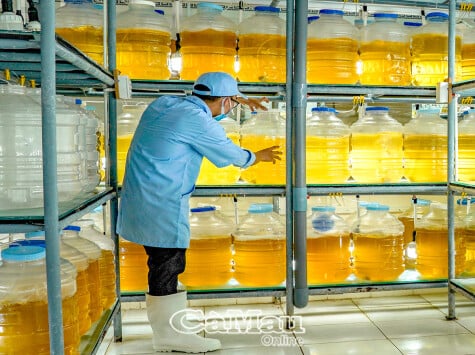



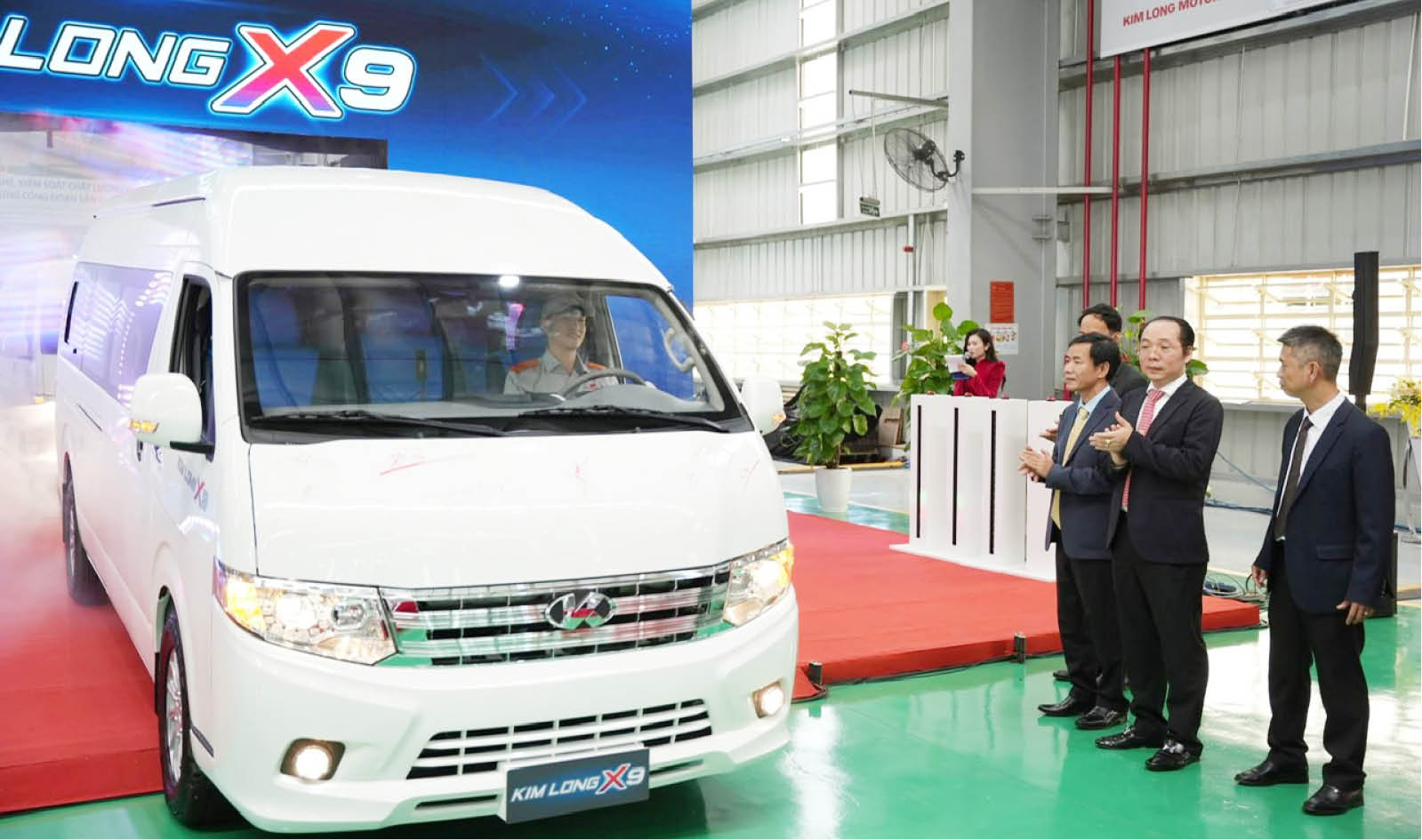


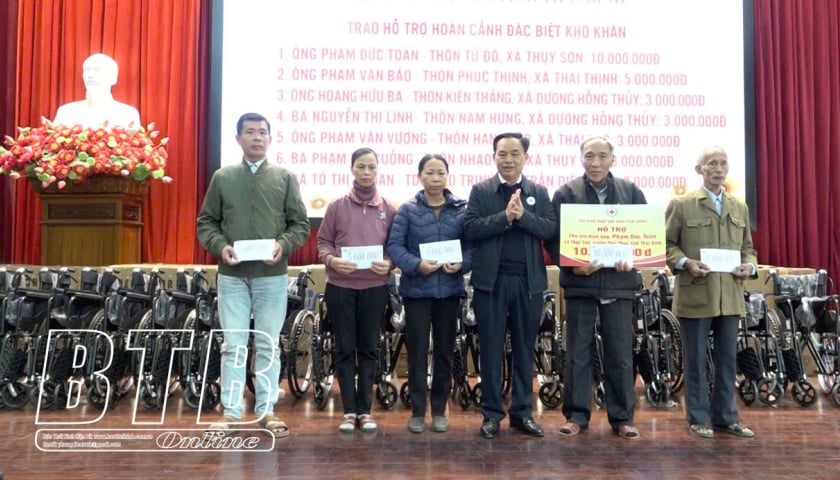












Comment (0)